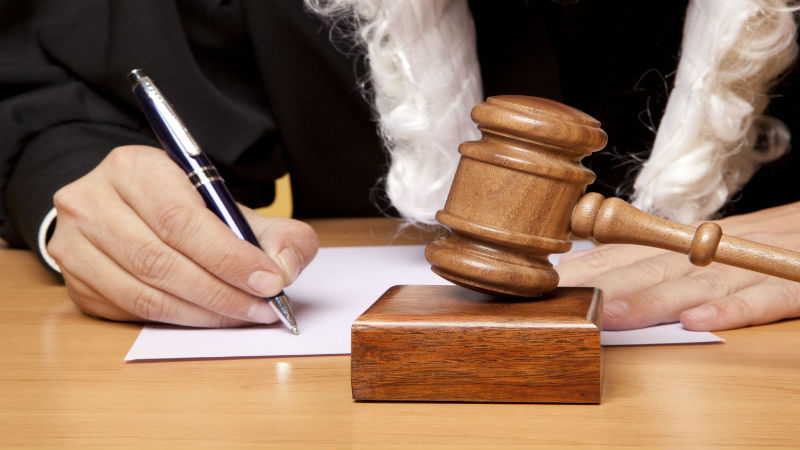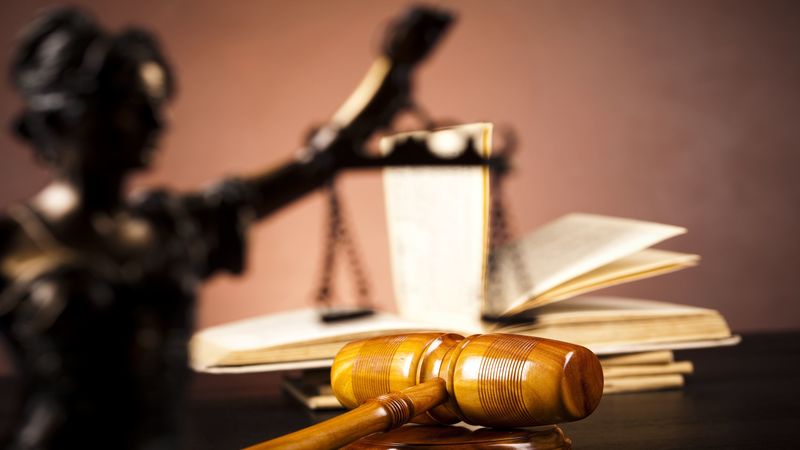Bankruptcies are a necessary tool that brings relief to individuals under unbearable financial stress. Individuals can choose between two different types of person bankruptcy. They are Chapter 7 and Chapter 13. If you’re struggling with insurmountable debt and are considering filing for bankruptcy, then keep reading to learn a few differences between the two.
Chapter 7
When you file for Chapter 7, all collection activities freeze. This means bill collectors also cannot report non-payment to the credit bureaus.
Next, a trustee is appointed to manage your case. Additionally, under the provisions of Chapter 7, you must liquidate non-exempt personal property and pay the proceeds to your creditors. The trustee oversees the process.
If your filing is successful, most of your unsecured debts, including credit cards and medical bills, are discharged.
In order to qualify for Chapter 7, you must make less than a certain amount of money. If you make more than this threshold, then you will have to file for bankruptcy under Chapter 13.
Chapter 13
Chapter 13 is for those debtors with an income that allows them to continue paying their debts under a restructured payment plan lasting three to five years. With a Chapter 13 bankruptcy, you get to keep your non-exempt property but will have to pay the creditors the amount the property is worth as part of your settlement.
Bankruptcy Lawyer in Pasco County
To learn about and understand all of the differences between Chapter 7 and 13, you should contact a bankruptcy lawyer in Pasco County. An experienced attorney is an indispensable advocate who will help guide you through the complex proceedings that are characteristic of bankruptcy cases.
Follow us on twitter for more updates.



